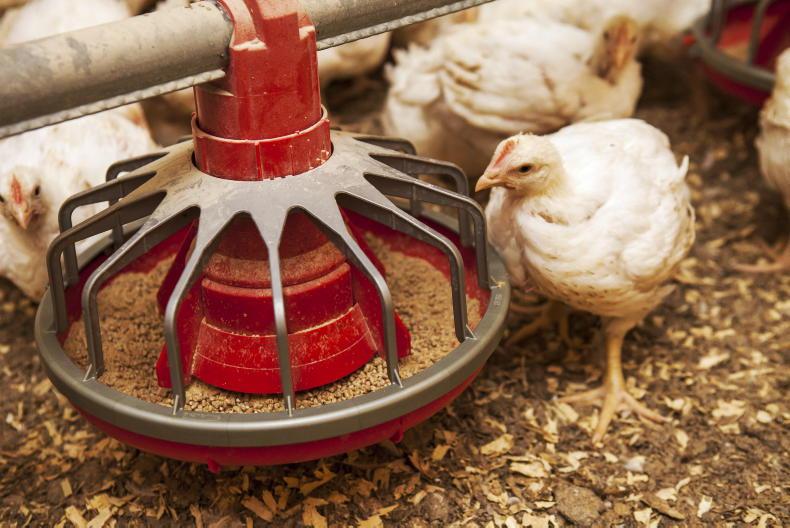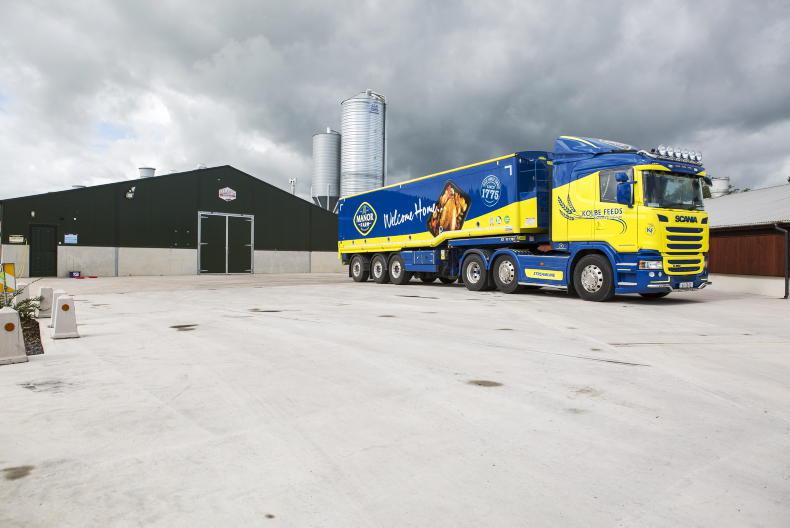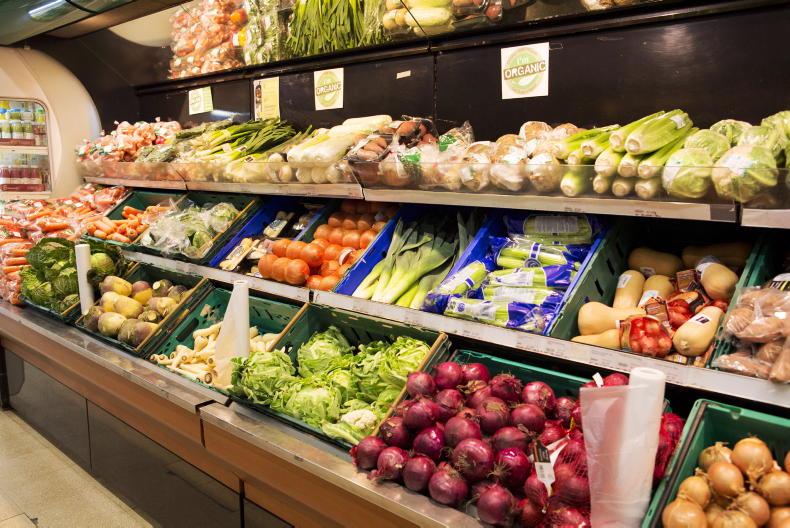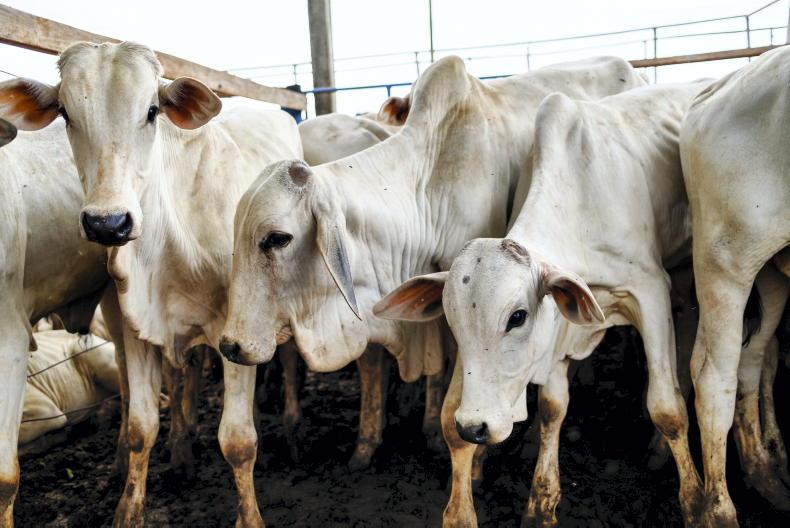Speaking to the Irish Farmers Journal, Cormac Healy from Meat Industry Ireland (MII) explained that the industry has so far been working to manage supplies at factory level with most pressure on the pig and poultry sectors.
The Irish Farmers Journal understands that pig processor Rosderra did not kill last Friday in an effort to manage supplies.
“We’re down to days rather than weeks and trying to get it anywhere,” Vincent Carton, managing director of poultry processor Manor Farms, told the Irish Farmers Journal. He added that industry rumours expected the supply issue to be solved by 1 July, but this was only a hope at this stage. Until then, no alternatives are available to his business. “The FSAI has – rightly in my view – excluded non food-grade CO2 for food purposes,” Carton said.
Food grade gas
The Food Safety Authority of Ireland (FSAI) has warned food processors of the risk of contamination from lower quality gases. "In the current shortage situation, food business operators should not seek to substitute lower grade carbon dioxide for "food grade" carbon dioxide that, as a minimum, meets legal purity criteria," the authority said in a statement.
In a statement to the Irish Farmers Journal, a spokesperson for poultry processor Moy Park said: “We are aware of CO2 supply issues across Europe and we will continue to monitor this carefully. We are taking appropriate measures to mitigate any impact.”
Both poultry and pig meat factories use CO2 as part of the slaughter process, while it is the gas used in retail packs favoured by supermarkets for all meats. Retail packing can operate with reduced levels of CO2 though it means reduced shelf life. While industry is managing so far, everything depends on supplies returning to normal in the coming days.
"Food business operators should not simply replace carbon dioxide in modified atmosphere packaging with another inert gas e.g. nitrogen, without first validating the safety of the shelf-life applied to the food," according to the FSAI.
Additional reporting by Phelim O'Neill.
Read more
CO2 shortage could hit Irish farmers
Speaking to the Irish Farmers Journal, Cormac Healy from Meat Industry Ireland (MII) explained that the industry has so far been working to manage supplies at factory level with most pressure on the pig and poultry sectors.
The Irish Farmers Journal understands that pig processor Rosderra did not kill last Friday in an effort to manage supplies.
“We’re down to days rather than weeks and trying to get it anywhere,” Vincent Carton, managing director of poultry processor Manor Farms, told the Irish Farmers Journal. He added that industry rumours expected the supply issue to be solved by 1 July, but this was only a hope at this stage. Until then, no alternatives are available to his business. “The FSAI has – rightly in my view – excluded non food-grade CO2 for food purposes,” Carton said.
Food grade gas
The Food Safety Authority of Ireland (FSAI) has warned food processors of the risk of contamination from lower quality gases. "In the current shortage situation, food business operators should not seek to substitute lower grade carbon dioxide for "food grade" carbon dioxide that, as a minimum, meets legal purity criteria," the authority said in a statement.
In a statement to the Irish Farmers Journal, a spokesperson for poultry processor Moy Park said: “We are aware of CO2 supply issues across Europe and we will continue to monitor this carefully. We are taking appropriate measures to mitigate any impact.”
Both poultry and pig meat factories use CO2 as part of the slaughter process, while it is the gas used in retail packs favoured by supermarkets for all meats. Retail packing can operate with reduced levels of CO2 though it means reduced shelf life. While industry is managing so far, everything depends on supplies returning to normal in the coming days.
"Food business operators should not simply replace carbon dioxide in modified atmosphere packaging with another inert gas e.g. nitrogen, without first validating the safety of the shelf-life applied to the food," according to the FSAI.
Additional reporting by Phelim O'Neill.
Read more
CO2 shortage could hit Irish farmers








SHARING OPTIONS